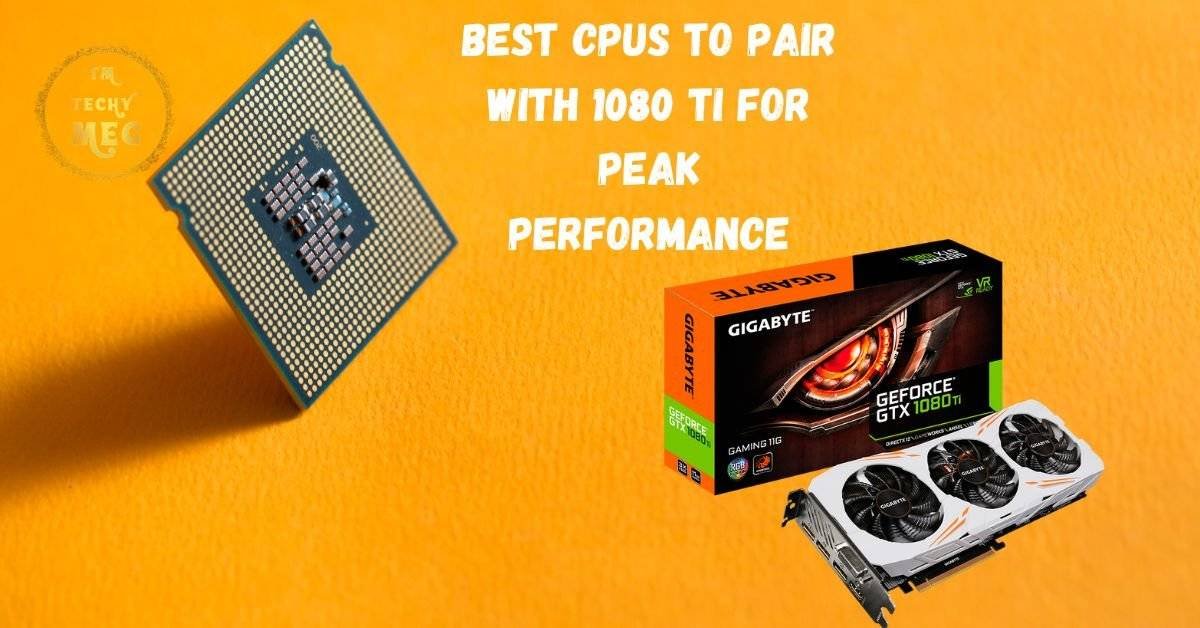
Best Cpu For 1080 Ti for Peak Performance
GTX 1080 Ti is a powerful graphics card that can deliver exceptional gaming and productivity performance. However, to unleash its true potential, you need a compatible CPU that can keep up with its capabilities. In this article, we will guide you Best Cpu For 1080 Ti available for optimal performance when paired with the GTX 1080 Ti.
Understanding the GTX 1080 Ti Graphics Card
Before we dive into the best CPUs, let’s take a closer look at the GTX 1080 Ti graphics card and its capabilities.
The GTX 1080 Ti, developed by NVIDIA, is a powerful graphics card designed for high-performance gaming and graphics-intensive applications. It is part of the GeForce 10 series and offers exceptional performance and cutting-edge features. With its advanced architecture and superior specifications, the GTX 1080 Ti delivers stunning visuals, smooth gameplay, and efficient rendering.
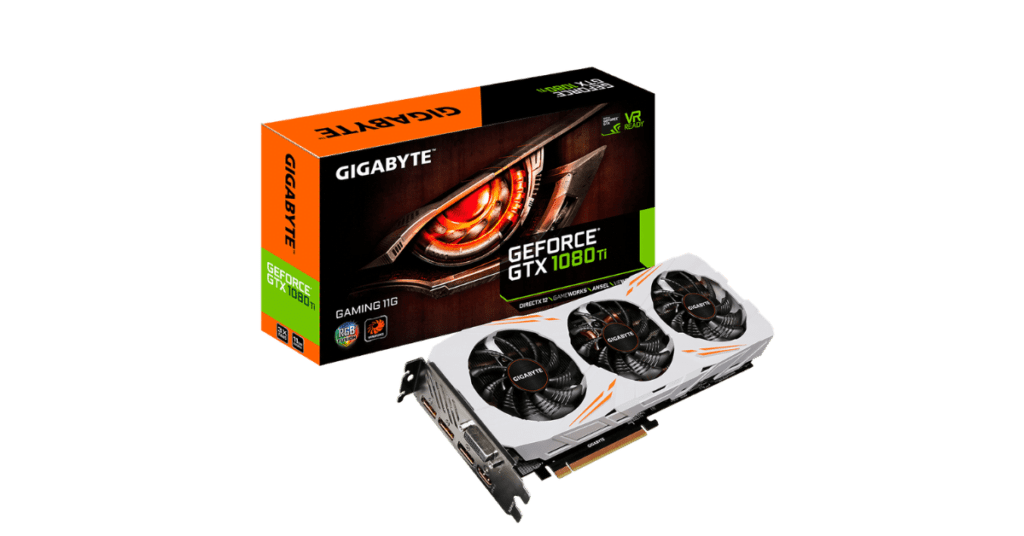
Equipped with 11GB of GDDR5X VRAM, the GTX 1080 Ti is capable of handling high-resolution textures, complex shaders, and demanding graphics effects effortlessly. Its boosted clock speed and CUDA cores ensure lightning-fast performance, enabling gamers to enjoy immersive gaming experiences and content creators to produce visually stunning designs and animations.
The GTX 1080 Ti also supports NVIDIA’s innovative technologies, such as G-SYNC, which synchronizes the monitor’s refresh rate with the GPU’s output, eliminating screen tearing and minimizing input lag. This feature ensures smooth gameplay and enhances the visual quality, providing a better overall gaming experience.
Additionally, the GTX 1080 Ti supports VR (Virtual Reality) gaming, allowing users to step into a lifelike virtual world with smooth, low-latency visuals. This makes it an excellent choice for gamers who want to explore the immersive realms of virtual reality.
With its exceptional performance and feature-rich capabilities, the GTX 1080 Ti is favored by gamers, content creators, and professionals in industries such as graphic design, video editing, and 3D modeling.
When it comes to connectivity, the GTX 1080 Ti offers a range of options, including DisplayPort 1.4, HDMI 2.0b, and dual-link DVI-D. This ensures compatibility with a wide range of monitors and display setups, allowing users to connect multiple displays or enjoy high-resolution output.
Key Features of the GTX 1080 Ti:
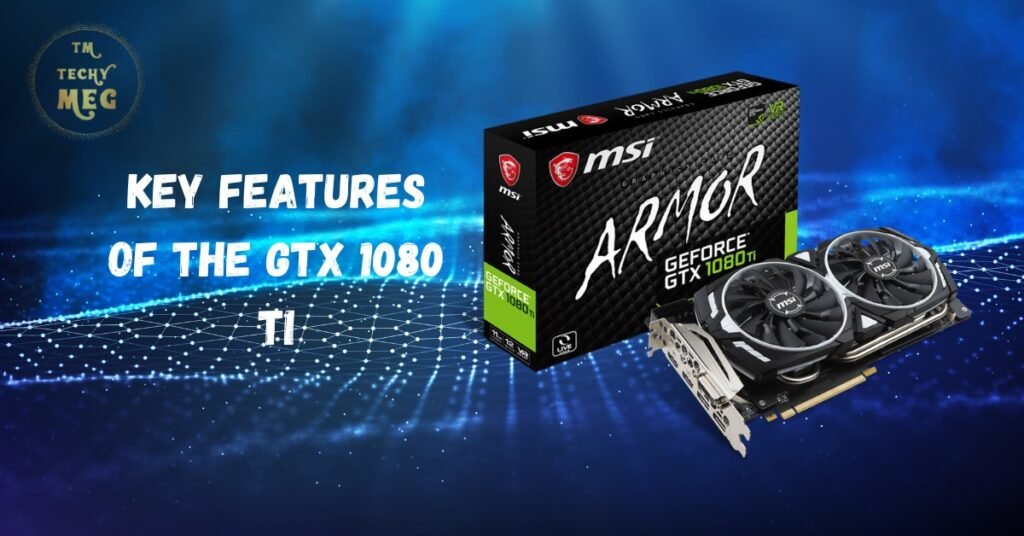
- 11GB GDDR5X VRAM for smooth performance
- Boosted clock speed for enhanced gaming experiences
- Support for NVIDIA G-SYNC technology for tear-free gameplay
- VR-ready for immersive virtual reality experiences
- Wide range of connectivity options
In summary, the GTX 1080 Ti is a powerful graphics card that delivers exceptional performance and immersive gaming experiences. Its advanced features and superior specifications make it a top choice for gamers and professionals alike.
Now that we have a better understanding of the GTX 1080 Ti, let’s move on to exploring the best CPUs that pair well with this graphics card for optimal performance.
Factors to Consider When Choosing a CPU for 1080 Ti
When it comes to selecting the best CPU for your GTX 1080 Ti, there are several factors that you need to take into consideration. These factors can greatly impact the compatibility and performance of your CPU with the graphics card, ensuring that you get the most out of your gaming experience.
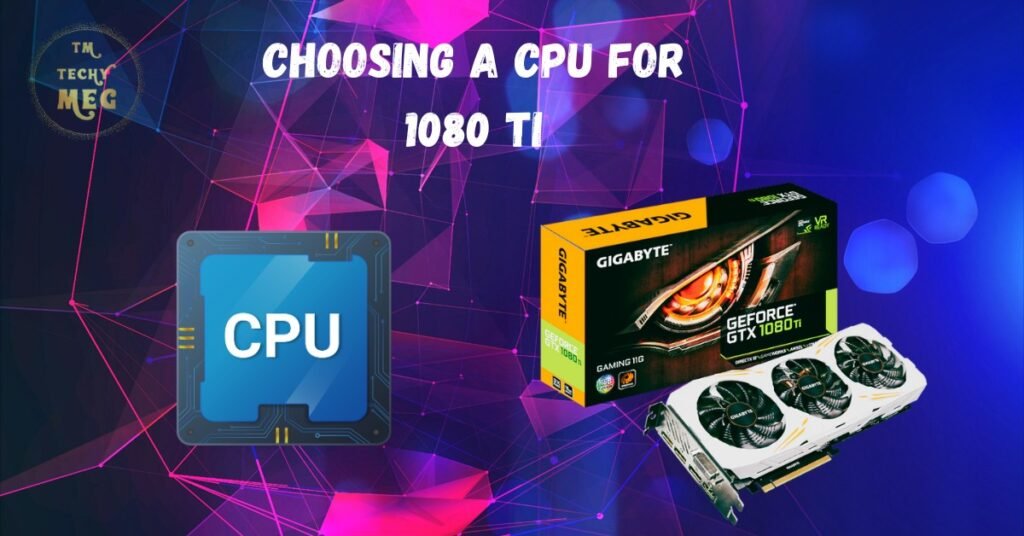
1. CPU Compatibility
One of the first things to consider is the compatibility between your chosen CPU and the GTX 1080 Ti. Ensure that the CPU socket matches the motherboard socket and that the CPU is supported by your motherboard’s chipset. This will ensure proper communication and functionality between your CPU and graphics card.
2. Core Count and Clock Speed
The core count and clock speed of a CPU play a significant role in determining its overall performance. CPUs with higher core counts and clock speeds tend to handle multitasking and demanding applications better. Consider your usage needs, such as gaming, video editing, or content creation, and choose a CPU with an adequate number of cores and a high clock speed to maximize performance.
3. Thermal Design Power (TDP)
A CPU’s thermal design power (TDP) refers to the amount of heat generated by the CPU during operation. It is crucial to select a CPU with a TDP that matches your cooling capability, such as your CPU cooler’s capacity or the case’s airflow. Overheating can lead to throttling and reduced performance, so ensure that your cooling solution can handle the TDP of your chosen CPU.
4. Cache Size
The cache size of a CPU affects its ability to quickly access frequently used data. A larger cache size can result in faster data retrieval, leading to improved performance in tasks that require frequent data access, like gaming and content creation. Consider CPUs with larger cache sizes for enhanced overall performance.
5. Budget Considerations
Another crucial factor to consider is your budget. CPUs vary greatly in price, and while it’s tempting to opt for the most powerful and expensive option, you may not need all that power for your specific needs. Determine your usage requirements and set a budget that balances performance and affordability.
By carefully considering these factors, you can make an informed decision when choosing the best CPU for your GTX 1080 Ti, ensuring optimal compatibility and performance.
| Factors to Consider | Importance |
|---|---|
| CPU Compatibility | High |
| Core Count and Clock Speed | High |
| Thermal Design Power (TDP) | Medium |
| Cache Size | Medium |
| Budget Considerations | High |
Best High-End CPUs for 1080 Ti
When it comes to achieving an exceptional gaming and productivity experience with your GTX 1080 Ti at 1440p and 144Hz, choosing the right high-end CPU can make all the difference. We have curated a list of top-performing CPUs that will complement the power of your graphics card and elevate your overall performance.
Intel Core i9-9900K

The Intel Core i9-9900K is a powerhouse in terms of gaming and multi-threaded performance. With its 8 cores and 16 threads, running at a base clock of 3.6 GHz (boosting up to 5.0 GHz), this CPU delivers exceptional speed and responsiveness. Its high clock speeds and impressive IPC (instructions per cycle) make it perfect for demanding 1440p gaming, ensuring smooth gameplay and quick render times.
AMD Ryzen 9 3900X
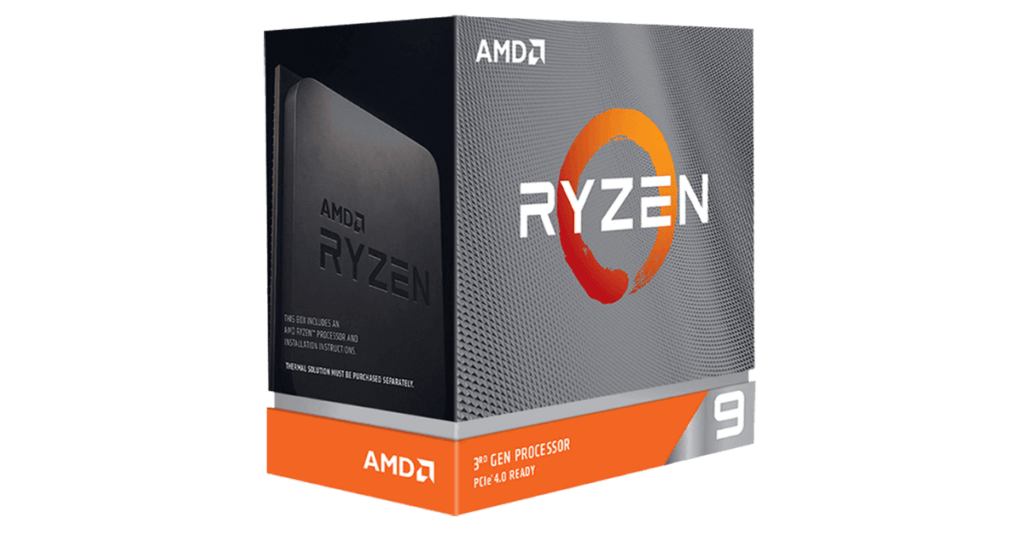
For those who prefer AMD processors, the Ryzen 9 3900X is a fantastic choice. With its 12 cores and 24 threads, running at a base clock of 3.8 GHz (boosting up to 4.6 GHz), this CPU offers excellent performance for both gaming and productivity tasks. Its superior multi-threaded performance makes it ideal for content creation and heavy multitasking while delivering smooth and immersive gaming experiences at high resolutions.
Intel Core i7-10700K
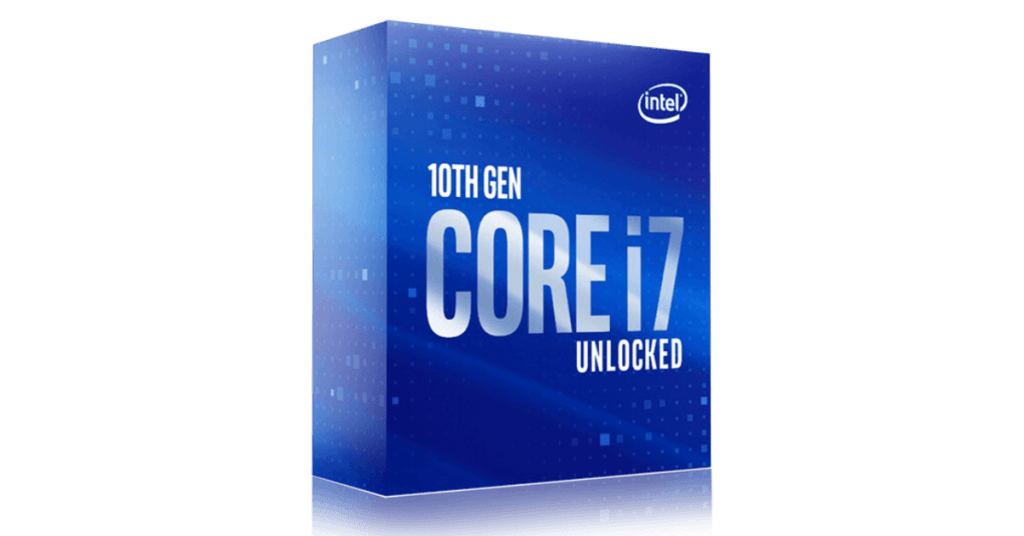
The Intel Core i7-10700K is another great high-end CPU option to pair with your 1080 Ti. With its 8 cores and 16 threads, running at a base clock of 3.8 GHz (boosting up to 5.1 GHz), this CPU offers excellent single-threaded performance and is perfect for gaming at 1440p and 144Hz. It provides a smooth and responsive gaming experience, allowing you to fully utilize the capabilities of your GTX 1080 Ti.
Comparison of High-End CPUs for 1080 Ti
| CPU | Cores/Threads | Base Clock | Boost Clock |
|---|---|---|---|
| Intel Core i9-9900K | 8/16 | 3.6 GHz | 5.0 GHz |
| AMD Ryzen 9 3900X | 12/24 | 3.8 GHz | 4.6 GHz |
| Intel Core i7-10700K | 8/16 | 3.8 GHz | 5.1 GHz |
These high-end CPUs offer exceptional performance and are specifically designed to maximize the potential of your GTX 1080 Ti at 1440p and 144Hz. Depending on your preferences and budget, you can choose the one that best suits your needs. Whether you prioritize gaming, content creation, or multitasking, these CPUs will ensure a seamless experience with your graphics card.
Stay tuned for the next section, where we will explore the best budget-friendly CPUs that still offer reliable performance with the GTX 1080 Ti.
Best Budget CPUs for 1080 Ti
When it comes to upgrading your CPU, you don’t always have to spend a fortune. We understand that not everyone wants to break the bank, which is why we have curated a list of the best budget-friendly CPUs that still deliver reliable performance when paired with the GTX 1080 Ti.
AMD Ryzen 5 3600
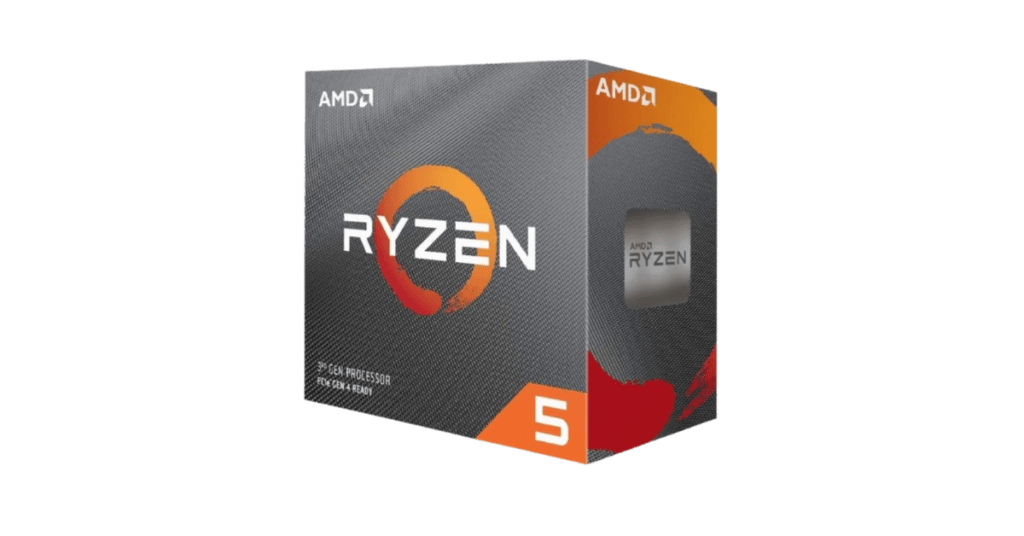
With its impressive multi-threading capabilities and affordable price point, the AMD Ryzen 5 3600 is a great choice for budget-conscious gamers. It offers a base clock speed of 3.6 GHz, which can be boosted up to 4.2 GHz, ensuring smooth gameplay and efficient multitasking.
Intel Core i5-9600K
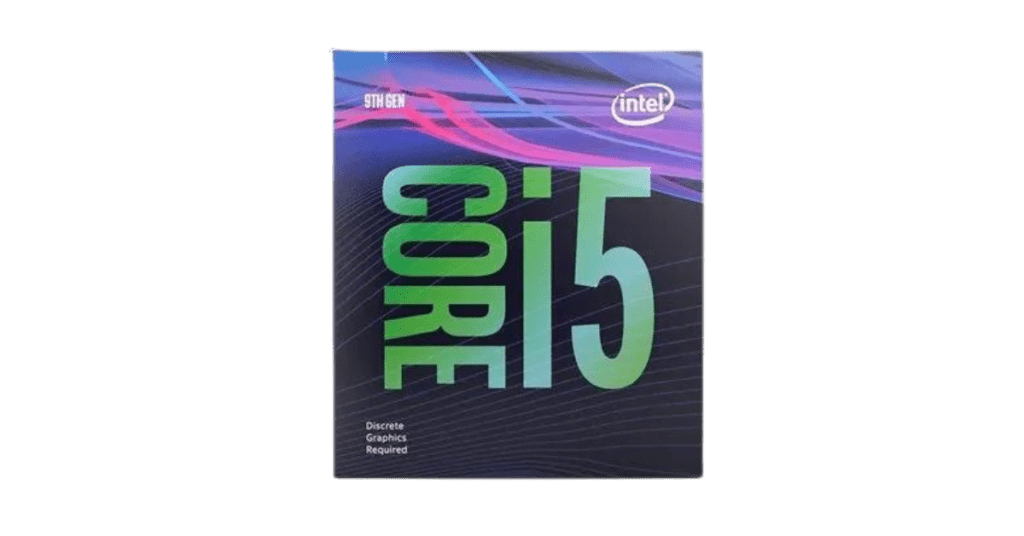
The Intel Core i5-9600K is another budget-friendly option that provides excellent performance for gaming. With a base clock speed of 3.7 GHz and the ability to reach up to 4.6 GHz with Turbo Boost, this CPU delivers seamless gameplay and responsiveness.
AMD Ryzen 3 3300X
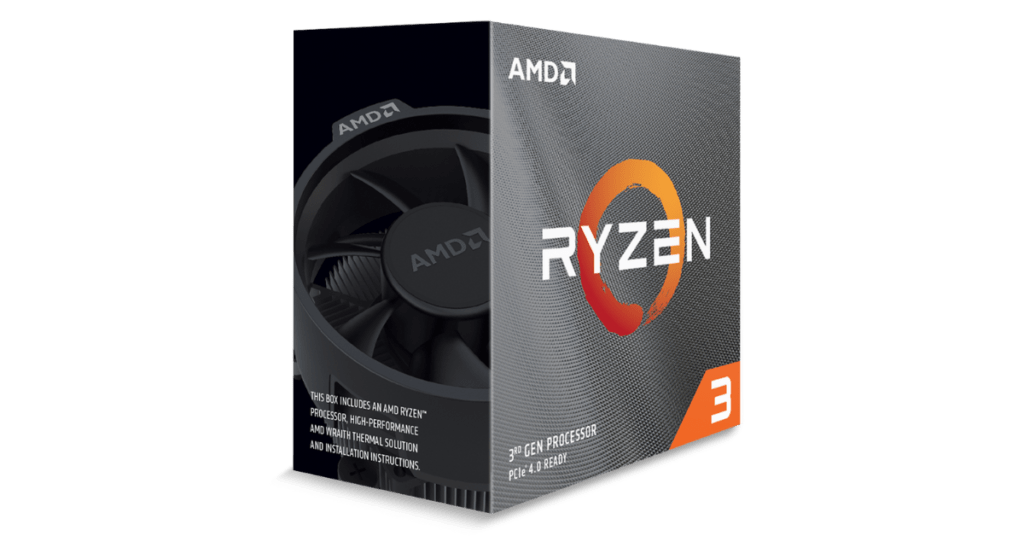
For those on a tight budget, the AMD Ryzen 3 3300X is a compelling choice. With its quad-core design and base clock speed of 3.8 GHz, this CPU offers reliable performance and efficient power consumption, making it perfect for budget gaming builds.
“We believe that performance and affordability can go hand in hand, which is why we have carefully selected these budget CPUs that offer excellent value for money.”
When choosing a budget CPU for your GTX 1080 Ti, it’s important to consider factors such as compatibility, power consumption, and overall performance. These CPUs strike the right balance between affordability and functionality, ensuring that you can enjoy a smooth gaming experience without breaking the bank.
AMD CPUs for 1080 Ti
When it comes to choosing a CPU for your GTX 1080 Ti, AMD has become a popular choice among gamers and workstation users. AMD CPUs offer a winning combination of performance, affordability, and compatibility with the GTX 1080 Ti.
One of the best AMD CPUs for the GTX 1080 Ti is the AMD Ryzen 7 5800X. With its 8 cores and 16 threads, this CPU provides exceptional multitasking capabilities, making it ideal for gaming and content creation. The Ryzen 7 5800X boasts high clock speeds and efficient power consumption, ensuring smooth gameplay and fast rendering times.
In terms of performance, the Ryzen 7 5800X rivals some of the top CPUs in the market. It delivers impressive single-threaded performance, which is essential for gaming, while also excelling in multi-threaded workloads. Whether you’re playing the latest AAA titles or running resource-intensive applications, the Ryzen 7 5800X has got you covered.
Another excellent choice is the AMD Ryzen 9 5900X. With its 12 cores and 24 threads, this CPU offers unmatched processing power. It delivers exceptional performance in both gaming and productivity tasks, thanks to its high clock speeds and advanced architecture. The Ryzen 9 5900X can handle demanding workloads effortlessly, providing a smooth and immersive gaming experience with the GTX 1080 Ti.
Why Choose AMD CPUs?
Price-performance Ratio: AMD CPUs provide exceptional value for your money. Compared to their Intel counterparts, AMD CPUs often offer similar or better performance at a more affordable price point.
Future-Proofing: AMD CPUs boast compatibility with the latest technologies and standards, ensuring that your system remains relevant and capable of handling future advancements.
Overclocking Potential: AMD CPUs are known for their excellent overclocking capabilities. With proper cooling and optimization, you can achieve even higher performance levels.
When considering an AMD CPU for your GTX 1080 Ti, it’s crucial to select one that aligns with your specific needs and budget. The Ryzen 7 5800X and Ryzen 9 5900X are excellent choices that offer a perfect balance of performance, power efficiency, and affordability.
Keep in mind that while AMD CPUs are great options for the GTX 1080 Ti, the final decision should be based on your individual requirements and preferences. Consider factors such as the type of games or applications you use, as well as the specific tasks you need your CPU to handle.
Tips for Optimizing CPU and GPU Performance
When it comes to maximizing the performance of your CPU and GTX 1080 Ti, there are a few tips and tricks you can employ. By optimizing both components, you can ensure a smoother gaming experience and improved productivity. Here are some strategies we recommend:
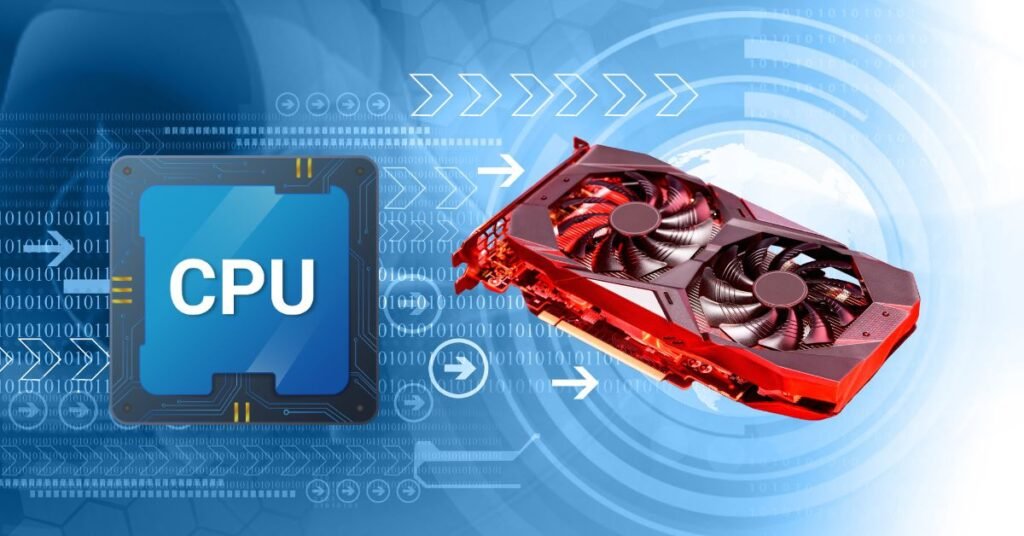
1. Keep your CPU and GPU Drivers Up to Date
Regularly updating your CPU and GPU drivers is crucial for optimal performance. Manufacturers often release driver updates to fix bugs, improve stability, and enhance performance. By keeping your drivers up to date, you can take advantage of these optimizations and ensure compatibility with the latest games and applications.
2. Monitor and Manage Your PC's Temperature
Heat can significantly impact the performance of your CPU and GPU. To optimize their performance, make sure your PC is properly cooled. Ensure that your CPU and GPU have adequate airflow and consider installing additional fans or a liquid cooling system if needed. Monitor your PC’s temperature using software like MSI Afterburner or HWMonitor and take necessary steps to prevent overheating.
3. Adjust Graphics Settings
Optimizing your graphics settings can have a significant impact on both CPU and GPU performance. While the GTX 1080 Ti is a powerful graphics card, tweaking settings like anti-aliasing, shadows, and post-processing effects can help achieve a balance between visual quality and performance. Experiment with different settings to find the optimal configuration for your system.
4. Close Unnecessary Background Processes
Background processes and applications can hog system resources, impacting CPU and GPU performance. Before launching a game or resource-intensive task, make sure to close unnecessary programs running in the background. This will free up valuable resources, allowing your CPU and GPU to focus on the task at hand.
5. Optimize Power Settings
Adjusting your power settings can help optimize CPU and GPU performance. By setting your PC to high-performance mode, you can ensure that both components operate at their maximum potential. However, keep in mind that this may increase power consumption and heat generation, so monitor your temperatures accordingly.
| Tip | Description |
|---|---|
| 6.Disable Unnecessary Startup Programs | Many applications launch automatically when you start your PC, consuming valuable resources. Disable unnecessary startup programs to reduce the load on your CPU and GPU. |
| 7.Clean Your PC Regularly | Dust and debris can accumulate inside your PC, affecting airflow and heat dissipation. Regularly clean your PC to prevent performance degradation caused by overheating. |
| 8.Upgrade Your CPU Cooler | If you’re experiencing high CPU temperatures, consider upgrading your CPU cooler. A more efficient cooler can ensure better heat dissipation, allowing your CPU to perform optimally. |
By implementing these tips, you can optimize the performance of your CPU and GTX 1080 Ti, ensuring a seamless gaming experience and improved productivity. Remember to regularly monitor your system’s temperatures and experiment with different settings to find the perfect balance between performance and visual quality.
Overclocking Potential for CPUs with 1080 Ti
Overclocking holds the key to unlocking additional performance from your CPU and graphics card, allowing you to push the boundaries of your system’s capabilities. When it comes to pairing your CPU with the GTX 1080 Ti, understanding the overclocking potential is crucial for maximizing performance and achieving smoother gameplay.
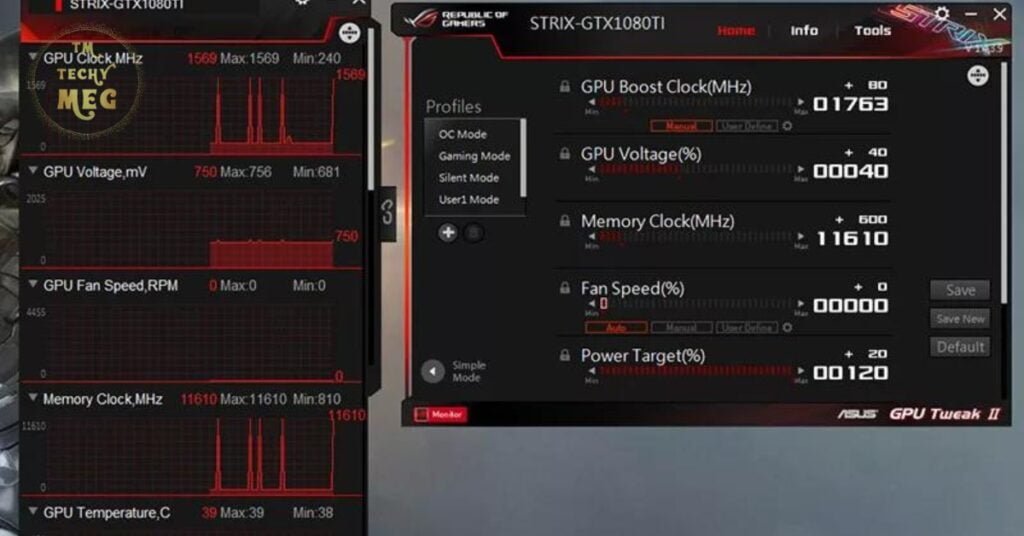
With proper cooling and careful adjustments to voltage and clock speeds, CPU overclocking can provide noticeable improvements in frame rates and overall system responsiveness. However, it’s essential to approach overclocking with caution, as improper settings or excessive voltages can damage your components.
“Overclocking your CPU can lead to significant performance gains, especially when paired with a powerful graphics card like the GTX 1080 Ti. However, it’s important to understand the limits of your specific CPU and to monitor temperatures closely to prevent overheating.” – Hardware Expert
The Benefits of Overclocking
When you overclock your CPU in conjunction with the GTX 1080 Ti, you may experience the following benefits:
- Increased FPS: Overclocking can deliver higher frame rates in games, resulting in smoother gameplay and a more immersive experience.
- Better Multitasking Performance: Overclocked CPUs can handle resource-intensive tasks more efficiently, allowing for smoother multitasking and improved overall system responsiveness.
- Reduced Bottlenecks: Overclocking can help alleviate bottlenecks by ensuring your CPU can keep up with the high demands of the GTX 1080 Ti, resulting in better GPU performance.
Factors to Consider
Before diving into overclocking, there are a few factors to consider:
- CPU Cooling: Effective cooling is crucial for overclocking stability. Ensure you have adequate cooling solutions, such as a high-performance CPU cooler or liquid cooling system.
- Power Supply: A reliable and sufficient power supply is essential when overclocking your CPU. Make sure it can deliver the necessary power to support the increased clock speeds and voltage.
- Chip Quality: Each CPU is unique, and the overclocking potential can vary even among the same model. Some CPUs may reach higher frequencies more easily, while others may require more tweaking.
Monitoring and Stress Testing
While overclocking, it’s crucial to monitor your CPU temperatures and stability. Utilize software tools like CPU-Z and MSI Afterburner to keep an eye on temperatures and voltages, ensuring they remain within safe limits. Additionally, stress testing your system using software like Prime95 or AIDA64 can help identify stability issues and ensure your overclocked CPU can handle heavy workloads without crashing or overheating.
| CPU Model | Overclocking Potential | Recommended Maximum Clock Speed |
|---|---|---|
| Intel Core i7-9700K | High | 5.0 GHz |
| AMD Ryzen 7 3700X | Moderate | 4.3 GHz |
| Intel Core i5-8600K | Medium | 4.7 GHz |
Keep in mind that these numbers are approximate and may vary depending on factors such as silicon lottery and individual system configurations. Always remember to proceed with caution and experiment with conservative overclocking settings before pushing your CPU to its limits.
Overall, overclocking your CPU when paired with the GTX 1080 Ti can significantly enhance your gaming and productivity experience. However, it’s crucial to strike a balance between performance gains and system stability, understanding that overclocking may void warranties and increase the risk of component failure. With careful consideration, proper cooling, and thorough testing, you can extract the full potential of your CPU and unlock a new level of performance.
Conclusion: Best Cpu For 1080 Ti
In conclusion, finding the best CPU to pair with your GTX 1080 Ti is crucial for achieving peak performance. We have extensively explored various options that cater to both high-end and budget-conscious users, as well as considerations for AMD enthusiasts.
By considering factors such as compatibility, performance, and overclocking potential, you can optimize your gaming and productivity experience with the GTX 1080 Ti. Whether you’re aiming for a seamless 1440p 144Hz gaming experience or looking to maximize your budget without compromising performance, there is a perfect CPU for you.
From top-of-the-line options like the Intel Core i9-9900K and AMD Ryzen 9 3900X to budget-friendly choices such as the Intel Core i5-10600K and AMD Ryzen 5 5600X, there are CPUs available that meet a range of needs and budgets. With the right combination of CPU and GTX 1080 Ti, you can unlock the full potential of your gaming rig.
Remember, choosing the best CPU for your GTX 1080 Ti not only ensures smooth and immersive gaming but also enhances your productivity and multitasking capabilities. So, take your time, consider your requirements, and make an informed decision to take your gaming and computing experience to new heights.





